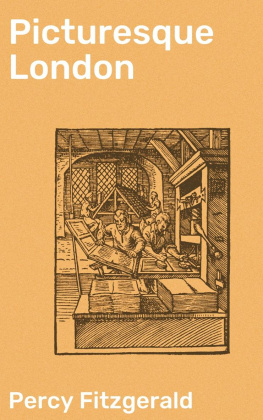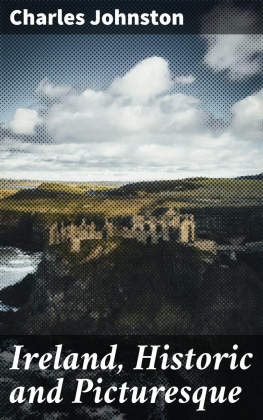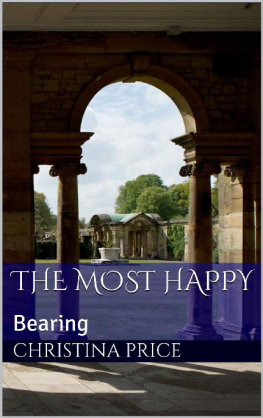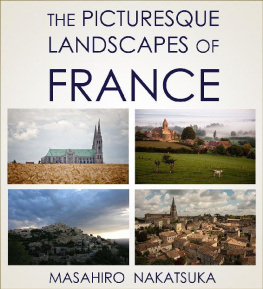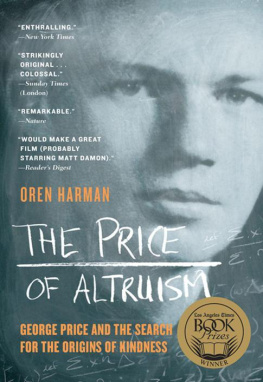Sir Uvedale Price - An essay on the picturesque
Here you can read online Sir Uvedale Price - An essay on the picturesque full text of the book (entire story) in english for free. Download pdf and epub, get meaning, cover and reviews about this ebook. publisher: Printed for J. Robson, genre: Science. Description of the work, (preface) as well as reviews are available. Best literature library LitArk.com created for fans of good reading and offers a wide selection of genres:
Romance novel
Science fiction
Adventure
Detective
Science
History
Home and family
Prose
Art
Politics
Computer
Non-fiction
Religion
Business
Children
Humor
Choose a favorite category and find really read worthwhile books. Enjoy immersion in the world of imagination, feel the emotions of the characters or learn something new for yourself, make an fascinating discovery.

- Book:An essay on the picturesque
- Author:
- Publisher:Printed for J. Robson
- Genre:
- Rating:5 / 5
- Favourites:Add to favourites
- Your mark:
- 100
- 1
- 2
- 3
- 4
- 5
An essay on the picturesque: summary, description and annotation
We offer to read an annotation, description, summary or preface (depends on what the author of the book "An essay on the picturesque" wrote himself). If you haven't found the necessary information about the book — write in the comments, we will try to find it.
An essay on the picturesque — read online for free the complete book (whole text) full work
Below is the text of the book, divided by pages. System saving the place of the last page read, allows you to conveniently read the book "An essay on the picturesque" online for free, without having to search again every time where you left off. Put a bookmark, and you can go to the page where you finished reading at any time.
Font size:
Interval:
Bookmark:

This is a digital copy of a book that was preserved for generations on library shelves before it was carefully scanned by Google as part of a project to make the world's books discoverable online. See the back of the book for detailed information.
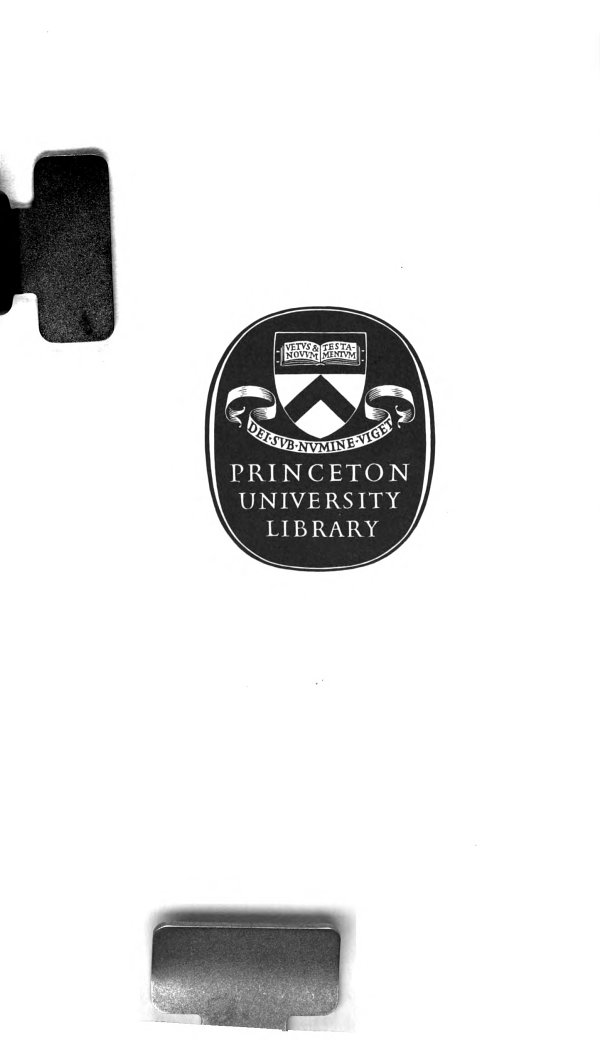

PREFACE.
AS the general plan and intention of my work have been a good deal misunderstood, I wish to give a stiort account of them both.
The title itself mi^ht have shewn that I aimed at something more than a mere book of gardening; some, however, have conceived that I ought to have begun by setting forth all my ideas of lawns, shrubberies, gravel walks, &,c.; and as my arrangement did not coincide with their notions of what it ought to have been, they seem to have concluded that I had no plan at all.
I have in this essay undertaken to treat of two subjects, distinct, but intimately connected, and which, as I conceive, throw a reciprocal light on each other. I have beA 2 gun gun with that which is last mentioned, as I thought some previous discussion with regard to pictures and picturesque scenery, would most naturally lead to a particular examination of the character itself. In the first chapter, I have stated the general reasons for studying the works of eminent landscape painters, and the principles of their art, with a view to the improvement of real scenery; and in order to shew how little those works, or the principles they contain, have been attended to, I have supposed the scenery in the landscape of a great, painter, to be new-modelled according to the taste of Mr. Brown. Having 'shewn this contrast between dressed scenery, and a picture of the most ornamented kind, I have in the second chapter compared 'together* two real scenes; the one in its picturesque and unimproved state, the other when dressed and improved accordirigto the present fashion. The picturesque circumstances detailed in this scene, very naturally lead me, in the third chapter, to investigate + their their general causes and effects; and in that, and the fix following chapters, I have traced them, as far as my observation would enable me, through all the works of art, and of nature.
This part, the most curious and interesting to a speculative mind, will be least so to those who think only of what has a direct and immediate reference to the arrangement of scenery: that indeed it has riot; but it is a discussion well calculated to give just and enlarged ideas, of what is of no flight importancethe general character of each place, and the particular character of each part of its scenery. Every place, and every scenejtha.t.are worth. observing, must have something of the. sublime, the beautiful,or the picturesque; and every man will allow that he would wiih to preserve and to heighten, certainly not to weaken or destroy, their prevailing character. The most obvious method of succeeding in the one, and of avoiding the other, is by studying their causes and ef
A 3 sects; sects; but to confine that study to scenery only, would, like all confined studies for a particular purpose, tend to contract the mind; at least when compared with a more comprehensive view of the subject; I have therefore endeavoured to take the most enlarged view possible, and to include in it whatever had any relation to the character I was occupied in tracing, or which shewed its distinction from those which a very superior mind had already investigated; and sure I am, that he who studies the various effects and characters of form, colour, and light and shadow, and examines and compares those characters and effects, and the manner in which they are combined and disposed, both in pictures and in nature,will be better qualified to arrange, certainly to enjoy, his own and every scenery, than he who has only thought of the most fashion-, able arrangement of objects; or has looked at nature alone, without having acquired any just principles of selection.
I be
I believe, however, that this part of my Essay, and the very title of it, may have given a false bias to the minds of many of my readers; nor am I surprised at such an effect. It is a very natural conclusion, and often justified, that an author is partial to the particular subject on which he has written; but mine is a particular cafe. The two characters which Mr. Burke has so ably discussed, had, it is true, great need of investigation; but they did not want to be recommended to our attention. What is really sublime or beautiful, must always attract and command it; but the picturesque is much less obvious, less generally attractive, and had been totally neglected and" despised by professed improvers: my business therefore was to draw forth, and to dwell upon those less observed beauties. From that circumstance it has been conceived (or at least asserted) that I not only preferred such scenes as were merely rude and picturesque, but excluded'all others.
A 4 The
The second part is built upon the foundations laid in the firsts for I have examined the leading features of modern gardening (in its more extended fense) on the .general principles of painting; and I have shewn in several instances, especially in all that relates to the banks of artificial water, how much the character of the picturesque i has been neglected, or sacrificed to a false idea of beauty.
But though I tafee no flight interest in whatever concerns the taste of gardening in this, and every other country, and am particularly anxious to preserve those picturesque circumstances, which are so frequently, and irrecoverably destroyed; yet in writing this Essay, I have had a more .comprehensive object in view: I have been desirous of opening new sources of innocent, and easily attained pleasures, or at least of pointing out how a much higher relish may be acquired for those, which, though known, are neglected: and it has given me no small pleasure to find that
both both my objects have in some degree been attained.
That painters do fee effects in nature, which men in general do not fee,we have, in the motto I have prefixed to this essay, the testimony of no common observer; of one, who was sufficiently vain of his own talents and discernment in every way, and not fikely to acknowledge those of other men without strong conviction. It is not a mere observation of Cicero ; it is an exclamation: Quam multa vident pictores! it marks his surprize at the extreme difference which the study of nature, by means of the art of painting, seems to make almost in the sight itself. It may likewise be observed, that his remark does not extend to form, in which the ancient painters are acknowledged to be our superiors: not to colour, in which they are also conceived to be at least our rivals; but to light and shadow, the supposed triumph of modern over ancient art; an which account the professors of painting, since its revival, have a still better
right right to the compliment of so illustrious a panegyrist, than those of his age.
If there were no other means of feeing with the eyes of painters, than by acquiring the practical skill of their hands, the generality of mankind must of course give up the point; but luckily we may gain no little insight into their method of considering nature, and no inconsiderable fliare of their relish for her beauties, by an easier processby studying their works. This study has one great advantage over most others; there are no dry elements to struggle with. Pictures, as likewise drawings and prints, have in them what is suited to all ages and capacities: many of them, like Swift's Gulliver's Travels, display the most fertile and brilliant imagination., joined to the most accurate judgment and selection, and the deepest knowledge os nature: like that extraordinary work, they are at once the amusement of childhood and ignorance, and the delight, instruction, and admiration of the highest, and most cultivated minds.
Font size:
Interval:
Bookmark:
Similar books «An essay on the picturesque»
Look at similar books to An essay on the picturesque. We have selected literature similar in name and meaning in the hope of providing readers with more options to find new, interesting, not yet read works.
Discussion, reviews of the book An essay on the picturesque and just readers' own opinions. Leave your comments, write what you think about the work, its meaning or the main characters. Specify what exactly you liked and what you didn't like, and why you think so.

